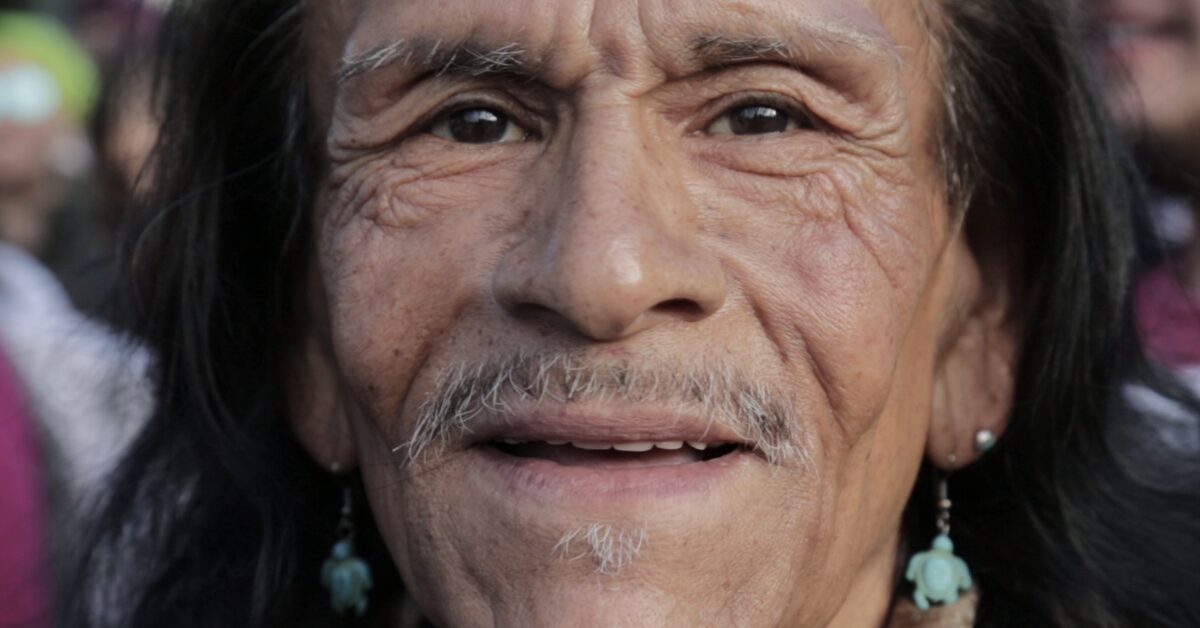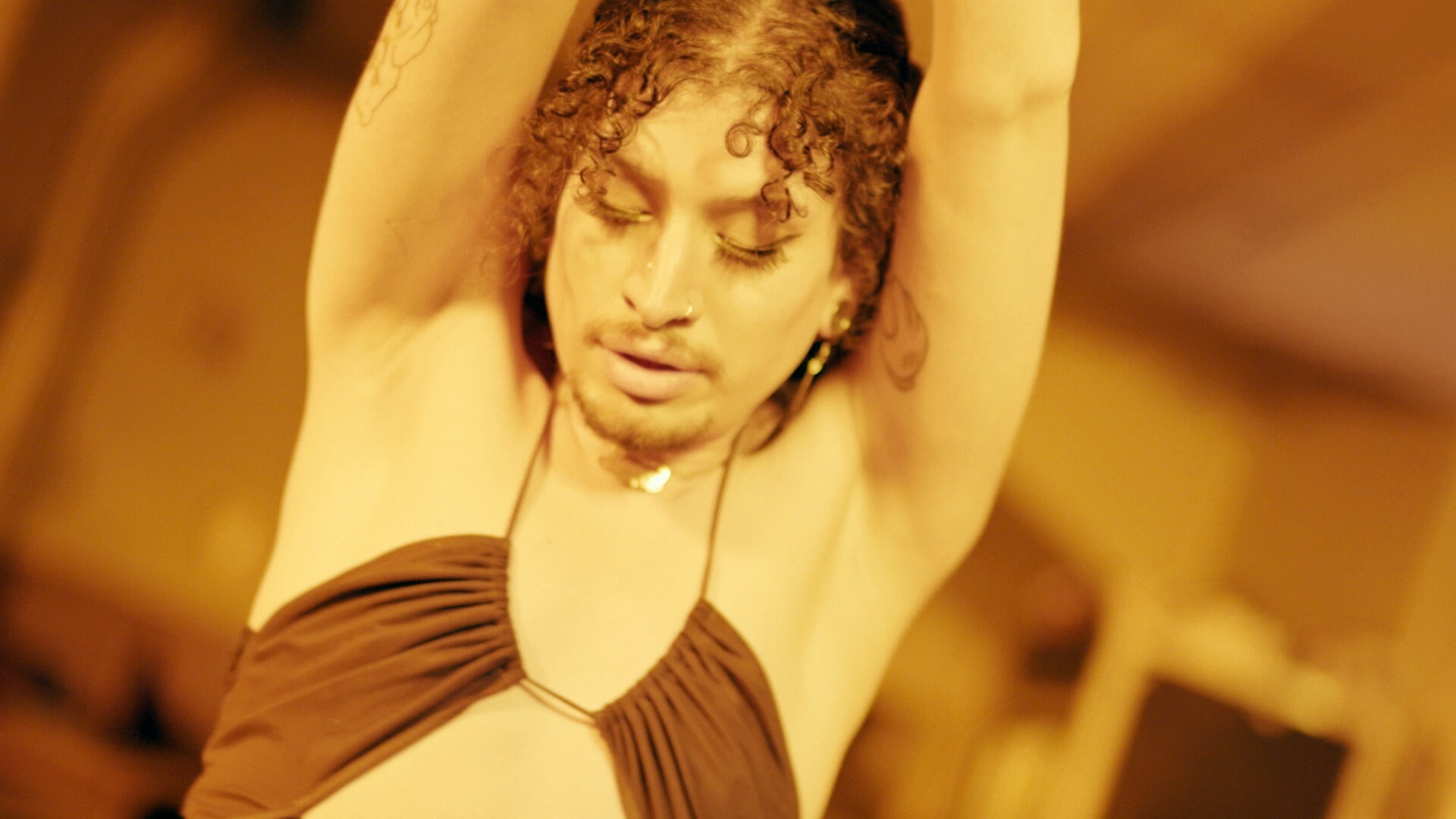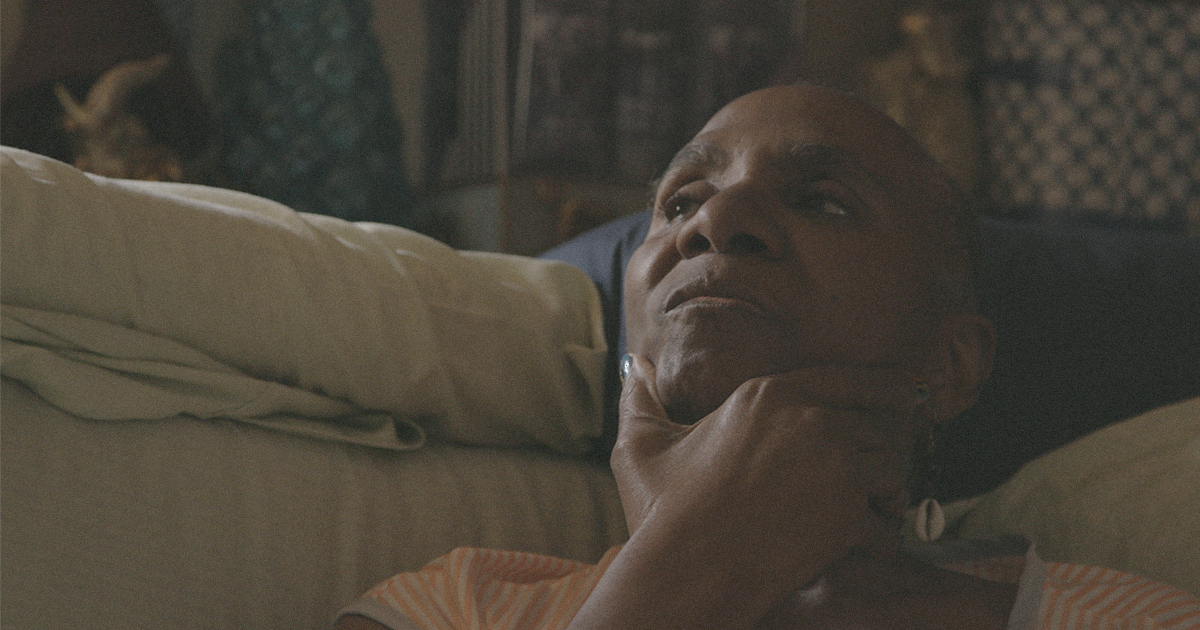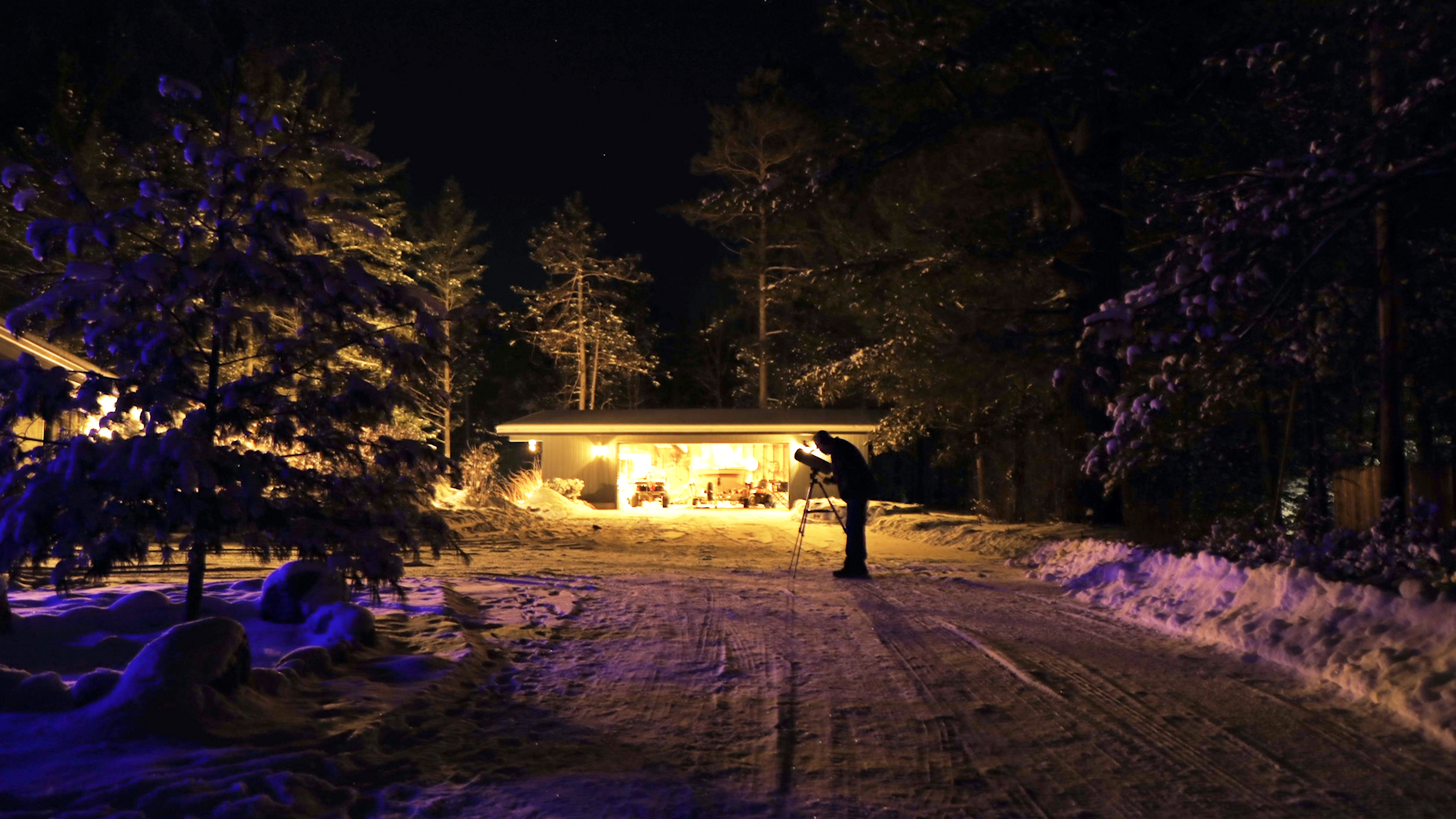How This Detroit Short Queer Film Series Strays Far From Identity-Based 'Boxes'
Varied collection of queer-centered shorts to show at DIA

Even as short films are often the easiest to make — a truth that holds special weight for marginalized artists — they often encounter roadblocks to finding an audience. Often showing in segregated blocks in festivals or in pairings with rhyming feature-length films, these films often seem to vanish as soon as they appear, even when they’re freely available online.
It’s welcome, then, that Mighty Real / Queer Detroit, a not-for-profit focused on supporting and disseminating queer artistic work, is including a short film program as part of their signature biennial program this year. Taking the same title as this year’s chosen theme, “I’ll Be Your Mirror: Queer Documentary Shorts” offers a showcase that captures both what distinguishes and what unifies the queer experience of the past four years. The series will be shown at the Detroit Institute of Arts on June 6 at 7 p.m.
The project was pitched by filmmaker, programmer and producer Adam Baran, who’s made the most of the opportunity to showcase contemporary queer works while responding, too, to his observations from his time programming at spaces like New York’s IFC Center, Anthology Film Archives and a range of queer festivals.
Particularly when attending or selecting works for festivals, Baran noted a common tendency: to program in identity-based “boxes," with shorts organized into blocks: “boys’ shorts, girls’ shorts, POC shorts” and the like. This ran against his notion of what he says a gay film festival should do: “to break down boundaries that separate us from each other."
“If you're a gay guy and you're only going into gay shorts, how are you going to learn about what your sister might be going through?” he asks. “How are you going to learn about what your friend who might come out to you as trans is going to be potentially experiencing?"
The program richly embodies this ethos without ever feeling dutiful in terms of its representational work. Instead, Baran’s program feels alive with a range of moods, tones and aesthetic responses to what queer people face today, making for expressive work which wouldn’t be possible within the cultural mainstream.
“Oscar-contending shorts have to hew to that kind of Oscar narrative, that uplifting redemption and grand scope — and queer people have never had the access to that kind of money, those kinds of means,” Baran observes. “So, we eschew the mainstream narratives, the sort of mainstream way of storytelling. And that's what I love about these films.”
At the same time, the shorts coalesce around a range of timely (but in many ways timeless) themes. Some speak directly to history — as in “Compton’s ’22,” which captures the perspectives of several of the sex workers and drag queens who rioted together in 1966, years before Stonewall. But even so, many don’t have to — making for natural rhymes within the material (“History repeats itself,” Baran remarks).
While many seem eager to forget the pandemic already, Baran sees its fingerprints — and its impact — all over the films and on queer life today. From the loss of queer spaces to the economic precarity and social isolation it brought on, the crisis heightened a long-standing range of queer struggles rather than introducing ones that were necessarily new.
But the 98-minute program demonstrates a range of queer responses that feel no less vital for being as it captures attempts, in line with the program’s theme, to locate a sense of communion, whether among others or on one’s own.
What follows is a brief guide to the program (also listed alongside ticketing info here), and some observations from both myself and Baran about the virtues of each film within it:
“Out of the Corner of Our Eye”
2023 — directed by John Ira Palmer (11 min.)
Both a sly, stylish manifesto and an essay on the lives of queer spaces, the film deals both in joy and “the loss of space,” which Baran notes as “a huge issue during Covid.” Both contemporary and ageless, the film’s sun-dappled compositions and bright frames counter the drab forces that have long attacked queer life.
“How to Carry Water”
2023 — directed by Sasha Wortzel (16 min.)
Sasha Wurtzel’s luminous short opens with a steady stream of queer, fat and often disabled collaborators arcing balletically through deep springs of water, reflecting on all that gives them pleasure as they lounge in finely posed pastoral scenes. Baran terms this one “a punk-rock fairytale” by one of his favorite filmmakers. It dreams of a half-submerged Florida landscape that’s become a haven for queer people — all while the film’s gorgeous aquatic scenes briefly absolve climate change of its perennially haunting force.
“Compton’s ‘22”
2022 — directed by Drew de Pinto (16 min.)

Reflecting on film’s archival qualities, Baran noted that “these shorts become a historical record for the future… as queer people, our history is often hidden from us.” No film in the program seems to anticipate this quite so much as “Compton’s ‘22,” which gives voice to activists who participated in the galvanizing moment of queer and trans activism the film recounts — and works poetically with the memory of it. Doubling as a mediation on how we pass on queer history — and struggle to capture the initial sense of unifying events — the film accounts for that same struggle through a florid, performance-rich and always personally inflected style.
“Queenie”
2020 — directed by cai thomas (20 min.)

An intimate portrait of “a Black lesbian elder waiting for approval to get into New York City's first LGBTQ+ senior housing unit," the film’s key source of hope becomes constrained — as does its lead — by bureaucratic obstacles. Drawing out ongoing inequities which, as Baran observes, have only accelerated in the past four years, the film shines a light on the ways that fights for queer space extend well past the public.
“The Girl That Got Away”
2023 — directed by Lauren Veen & Ephi Stempler (14 min.)
One of the program’s more straightforward portraits finds a subversive power of its own in being “about rejecting the mainstream of Hollywood,” as Baran notes. Observing a longtime character actor who’s built a career embodying macho roles, the film finds them “struggling with transitioning, publicly transitioning, and what that might do for their career — even though that's where they need to be inside”: a collision of needs dramatized with care, attention and an eye for beauty.
“Merman”
2023 — directed by Sterling Hampton IV (10 min.)
A reflective, uplifting work sharing in the series’ recurring aquatic themes as well as what Baran calls an “elder focus,” “Merman” is as tender as it is varied. Spanning spaces of kink, activism, childhood struggle and self-fulfillment, the film renders scenes of 58-year-old Andre Chambers in a kaleidoscopic mode, marrying evocative animation work to frank and considered interviews, making for a bright and striking portrait of a man growing into a long dreamed of version of himself.
“Bigger on the Inside”
2022 — directed by Angelo Madsen Minax (11 min.)

What Baran describes as “hypnotic, kind of ASMR imagery” paired with “recordings of supposed conversations with people on apps” anchor one-time Michigander Angelo Madsen Minax’s wry diaristic short, which recalls pandemic isolation and ongoing efforts to find connection while often evoking science fiction. At once prickly, playful and touching, the film’s key drama lies in how — for better and for worse — we have to find ourselves through others.
June 6, 7 p.m., Detroit Institute of Arts' Detroit Film Theatre (5200 Woodward). Find tickets at dia.org/events/ill-be-your-mirror-queer-documentary-shorts.









